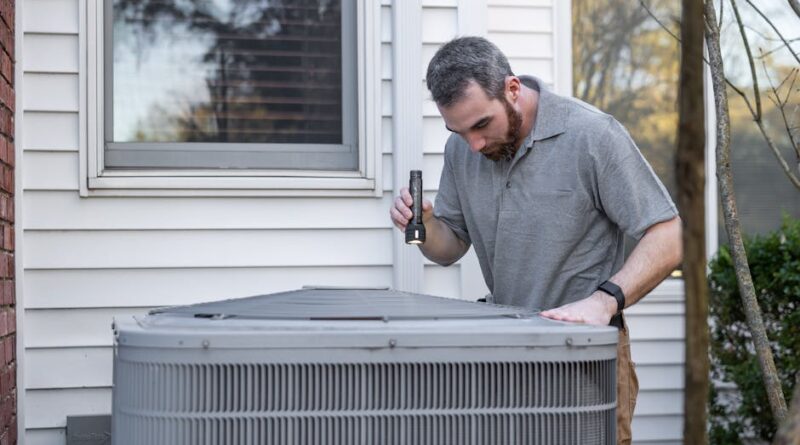Solving HVAC Problems Without a Technician
Have you ever been too hot or too cold and wished you could fix your HVAC system yourself? you’re not alone! Many homeowners face HVAC issues and feel helpless without calling a technician. But, what if you could solve some of these problems on your own? This guide will show you how to tackle common HVAC problems without needing a professional.
Lets dive into what you really want to know: how to troubleshoot HVAC issues yourself. With a little patience and some simple tools, you might just save money and time.
What Are Common HVAC Problems?
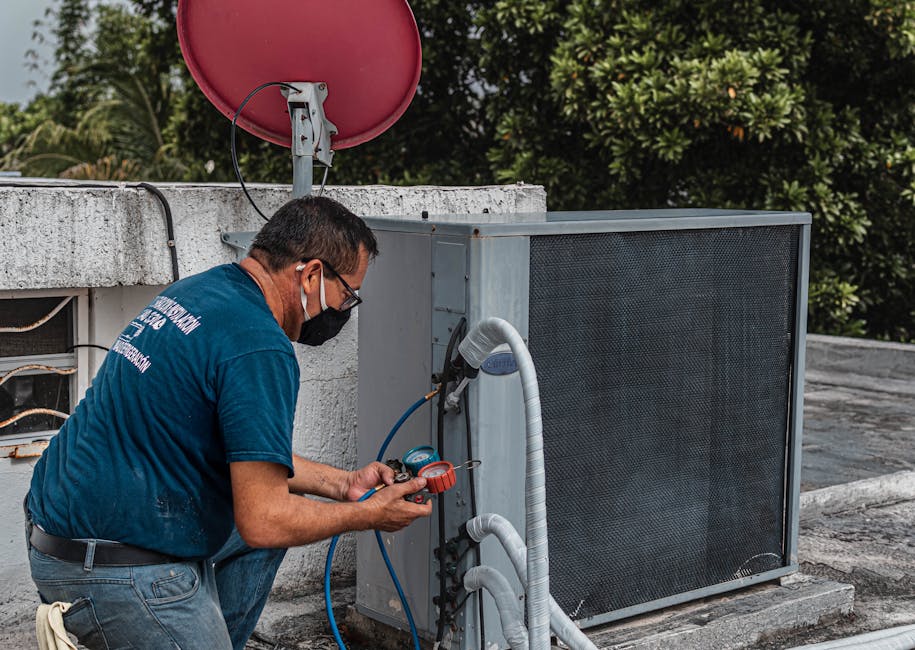
Before we jump into solutions, lets look at some typical HVAC problems:
- Unit not heating or cooling properly
- Strange noises from the system
- Dirty air filters
- Leaking water from the unit
- Thermostat issues
Understanding these issues helps you pinpoint what might be wrong. Lets break these down further.
Is Your HVAC System Not Heating or Cooling Properly?
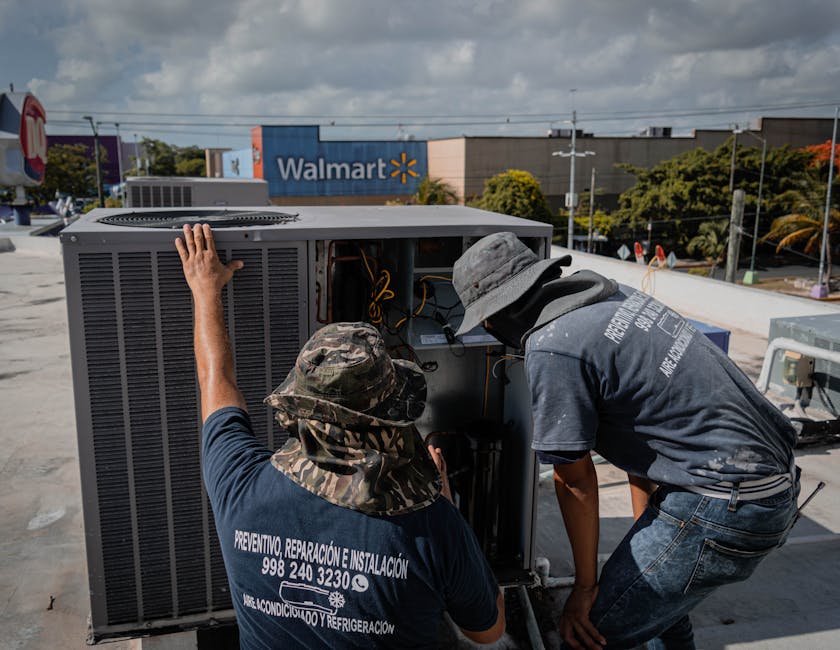
This is one of the most frustrating problems. You set the thermostat, but neither cold nor hot air comes out. First, check your thermostat settings. Is it set to ‘heat’ or ‘cool’? Sometimes the simplest fixes are the best.
If the settings are correct, the next step is to inspect your air filter. A dirty air filter can block airflow, making your system work harder. Change your filter if it looks grimy. it’s a quick fix that can make a big difference!
Why Are There Strange Noises Coming From My HVAC?
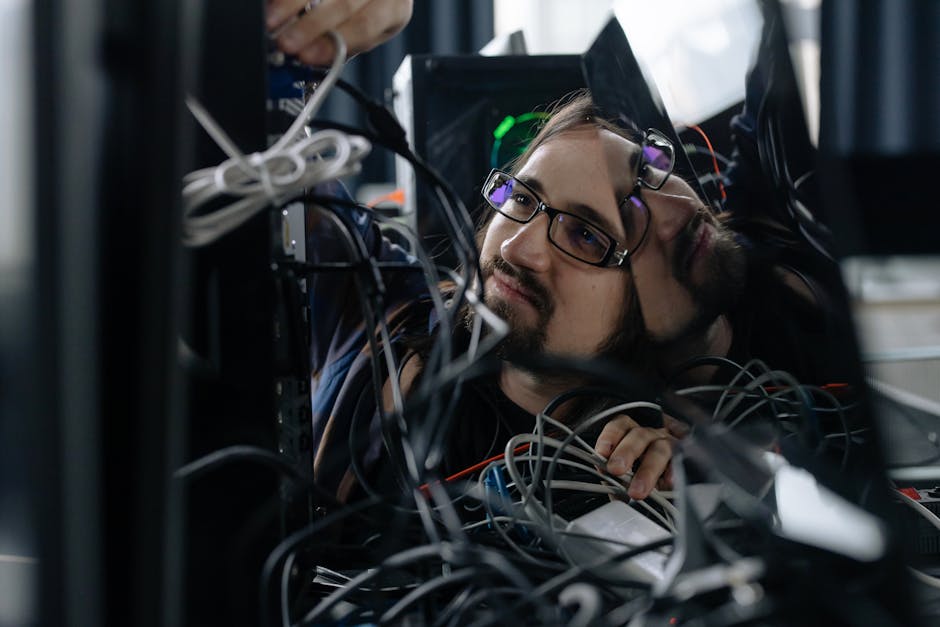
Do you hear banging, rattling, or squealing sounds? These noises can indicate issues. For example, a rattling noise might mean that parts are loose, while a squealing sound could be a sign of a worn-out belt.
Heres how to investigate:
- Turn off the unit before inspecting it.
- Check for loose screws or panels.
- Listen closely to determine where the noise comes from.
If you feel comfortable, you can tighten loose parts or replace a worn belt. However, if the problem persists, it might be time to call a technician.
How Often Should You Change Your Air Filters?
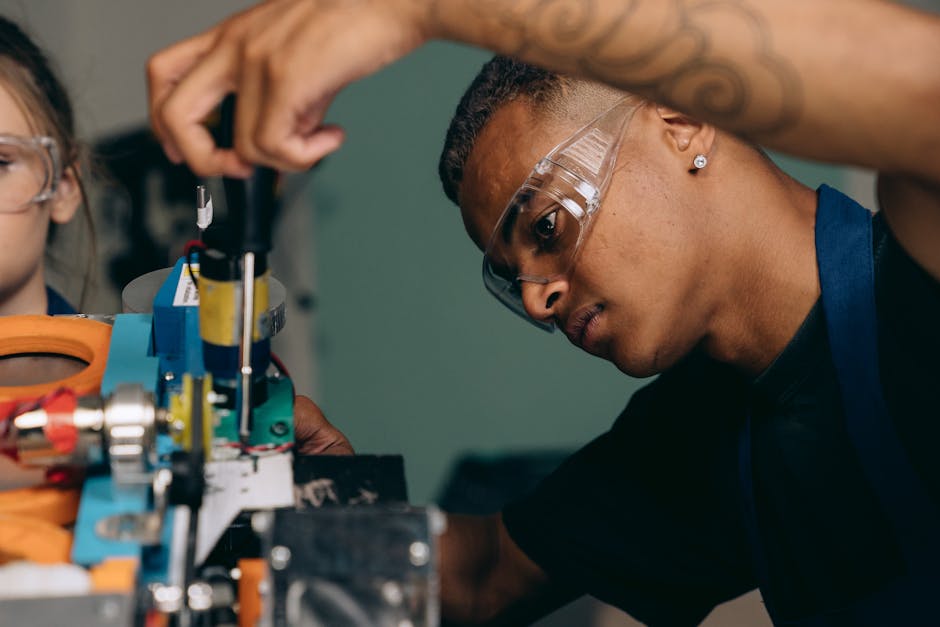
Air filters are the lungs of your HVAC system. They catch dust, dirt, and allergens. A clogged filter can reduce efficiency and air quality. You should change your air filter every 1-3 months, depending on usage.
As a rule of thumb:
- Change filters every month if you have pets.
- Every 2 months for moderate use.
- Every 3 months if you rarely use the system.
Setting a reminder on your phone can help you stay on track!
What If My HVAC Is Leaking Water?
A leaking HVAC can lead to water damage and mold. First, check the condensate drain line. It may be clogged. Clear it with a wet/dry vacuum or a plumber’s snake. If you see a lot of water pooling, turn off the system to avoid damage.
Heres what to look for:
- Condensate drain line: Check for clogs.
- Drain pan: Look for rust or holes.
- Humidity levels: High humidity can cause excess moisture.
If these steps don’t help, it might signal a bigger issue with your system.
What Should I Do If My Thermostat isn’t Working?
Your thermostat controls the temperature in your home. If it’s not functioning, your HVAC won’t either. Start by checking the batteries. If they’re dead, replace them. If that doesnt work, try resetting the thermostat.
Also, ensure the thermostat is properly calibrated. Place a thermometer near it to compare the readings. If theres a big difference, you might need a new thermostat.
Can I Perform Routine Maintenance Myself?
Absolutely! Regular maintenance can keep your HVAC running smoothly. Here are some tasks you can do:
- Change air filters regularly.
- Clean the outdoor unit of debris.
- Check ducts for leaks.
- Inspect insulation around ducts.
Doing these simple tasks can improve your systems efficiency and lifespan.
When Should You Call a Technician?
Some HVAC problems are complex and require professional help. You should call a technician if:
- Your system is still not working after troubleshooting.
- You notice frequent breakdowns.
- There are electrical issues or frequent tripping of breakers.
- You smell gas or notice unusual odors.
it’s better to be safe than sorry when it comes to your HVAC system.
Are There Any DIY Hacks to Improve Efficiency?
Sure! Here are some quick hacks to boost your systems efficiency:
- Seal cracks and gaps around windows and doors.
- Use blinds or curtains to block heat in summer.
- Invest in a programmable thermostat for better control.
- Schedule annual professional checks for your system.
These simple changes can reduce your energy bill and keep your home comfortable.
Where Can I Find More Help?
If you’re looking to learn more about HVAC maintenance, check out the EPA’s guide on home HVAC systems. They provide reliable information on keeping your environment safe and efficient.
For additional tips, you can also explore our related post on maintaining your HVAC system.
Conclusion: Take Control of Your Comfort
Now you have the tools and knowledge to troubleshoot many HVAC issues yourself. By taking a little time to learn, you can save money and keep your home comfortable. Remember to perform regular maintenance and keep an eye out for problems. If things get complicated, don’t hesitate to call a professional.
Your comfort is worth it!
